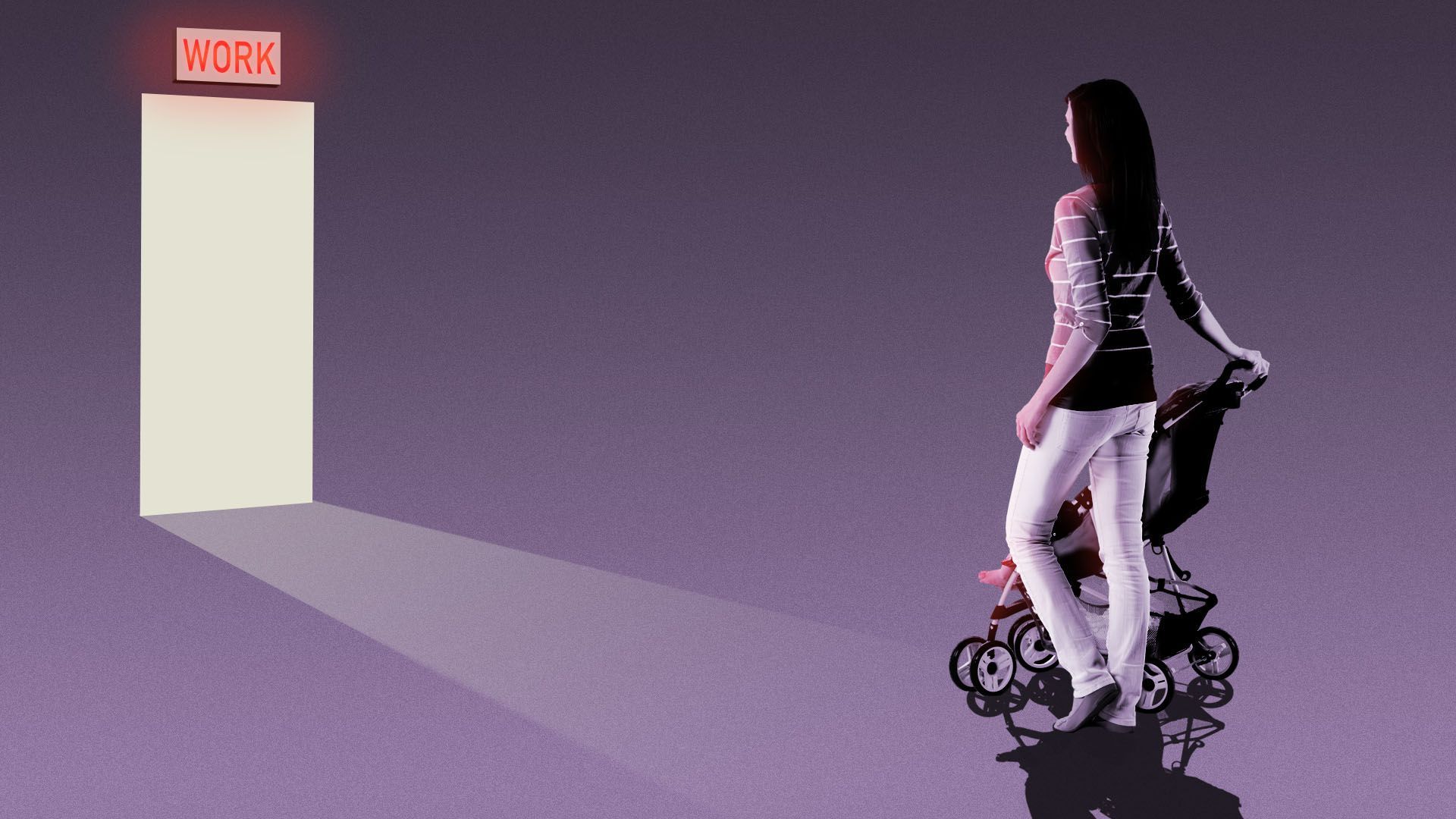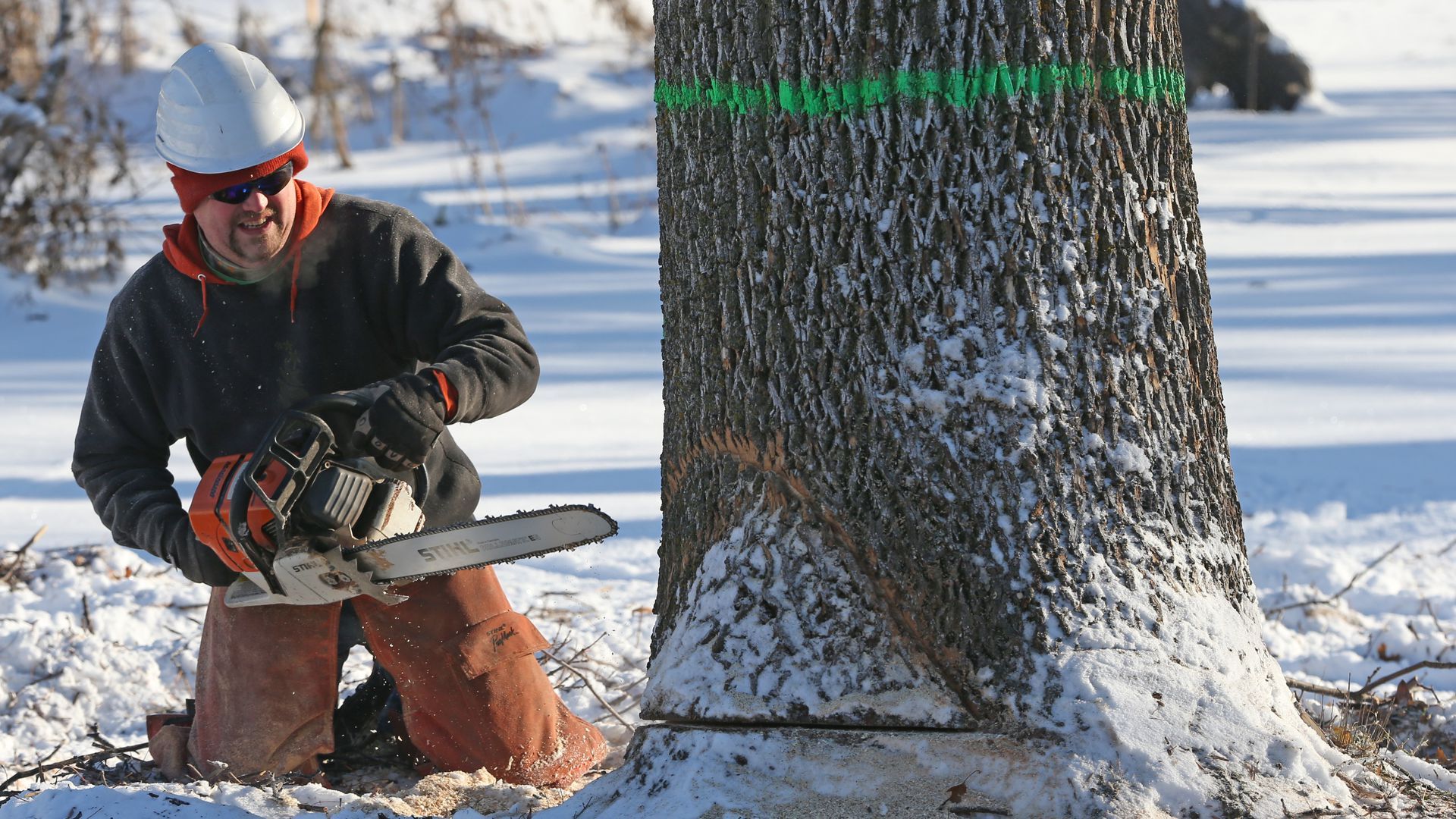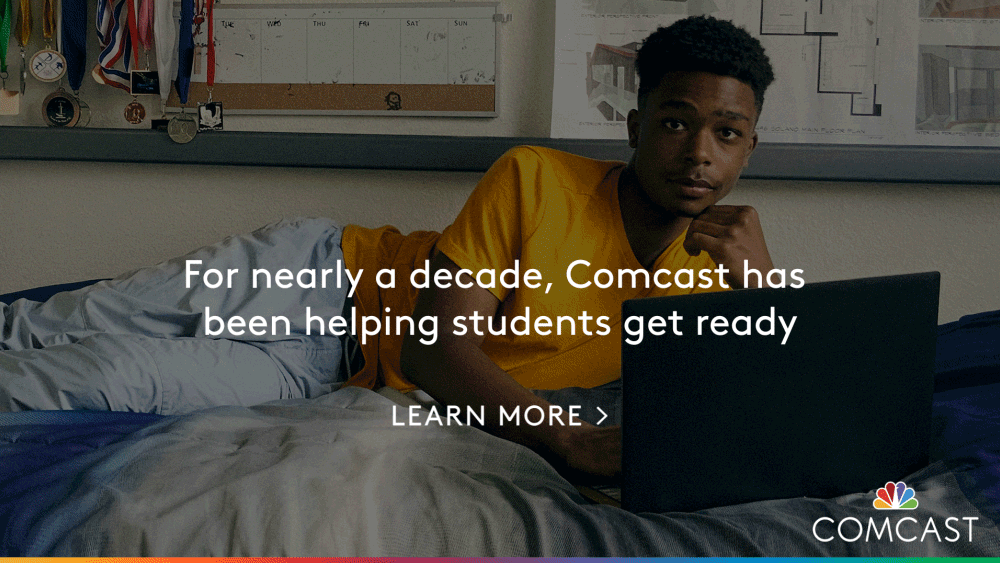Plus: Dr. Seuss sales bonanza | Thursday, March 11, 2021
| | | | | | | Presented By Comcast | | | | Axios PM | | By Mike Allen ·Mar 11, 2021 | | Good afternoon: Today's PM — edited by Justin Green — is 495 words, a 2-minute read. | | | | | | 1 big thing … First person: Moms return during shutdown |  | | | Illustration: Sarah Grillo/Axios | | | | The isolating and emotionally crippling shift back to work after having a baby during the global pandemic threatens to drive a cohort of new moms out of the workforce, reports Axios' Kim Hart. Why it matters: 1 in 4 women are thinking of downshifting their careers or leaving the workforce altogether, according to data from McKinsey and Lean In. - Experts say the risk is higher for mothers trying to return to work without the support systems and child care options they may have had pre-pandemic.
Kim writes: Last month, I came back to work after taking time off to care for my daughter, who was born eight weeks premature. She is my third child, so I thought I knew how to manage the transition. - I didn't anticipate how hard it would be to go into work mode when my "office" is a few feet away from her crib. I miss the support of other moms that I would have seen at the office. Or even a "welcome back!" from colleagues who, in a remote world, may not have even known I was pregnant in the first place.
- I'm no stranger to the anxiety of being a working parent. But during a pandemic, there's zero margin for error when it comes to finances, staying healthy and the logistical game called "child care Tetris."
- For moms like me who suffered from severe postpartum depression, the loneliness of maternity leave followed by the loneliness of more remote work can make trying to return to "pandemic normal" feel like crawling out of a deep, dark hole.
The bottom line: Only 17% of civilian workers had access to paid family leave as of 2018, according to the Bureau of Labor Statistics. Go deeper: What other Axios moms told Kim |     | | | | | | 2. The pandemic in four charts |  Data: FactSet, FRED, New York City; Chart: Axios Visuals From Felix Salmon's weekly newsletter, Axios Capital. |     | | | | | | A message from Comcast | | Connecting over four million students to the internet | | |  | | | | COVID-19 has highlighted the need for digital equity and Internet adoption programs. Since 2011, Comcast's Internet Essentials program has connected over four million students from low income families to low-cost, high speed internet, so students can be ready for anything. Learn more. | | | | | | 3. Catch up quick | - Pressure mounts on Gov. Cuomo: NYC Mayor Bill de Blasio joined 59 New York state lawmakers in calling for the governor's resignation. Go deeper.
- Stimulus checks may start hitting bank accounts this weekend after President Biden signed the $1.9 trillion bill this afternoon, the White House said. Go deeper.
- Real-world data from Israel: The Pfizer COVID vaccine was at least 97% effective in preventing symptomatic COVID-19 cases. Go deeper.
- Anthony Fauci told NBC's "Today" he would have been "shocked" to hear a year ago that the U.S. coronavirus death toll would surpass 500,000. Video.
- Dr. Seuss sales bonanza: More than 1.2 million copies of stories by the late children's author sold in the first week of March after the estate said it will pull six books for racial and ethnic stereotyping. That's more than quadruple from the week before. (AP)
|     | | | | | | 4. 🎧 NYC hospital CEO remembers COVID "tsunami" |  | | | Photo illustration: Aïda Amer/Axios. Photo: Bloomberg/Getty Images | | | | NewYork-Presbyterian Hospital CEO Steven Corwin told Dan Primack on Axios Re:Cap about the "horrifying" realization on March 1, 2020, that there was community COVID-19 spread in New York. - "[T]his was a tsunami. That's the best way I could describe it. This was clearly going to be all hands on deck."
Axios is looking back at the week of March 9, 2020. Subscribe to Axios Re:Cap here. |     | | | | | | 5. 1 smile to go: Beetle be gone |  | | | An ash tree being cut down in the Twin Cities. Photo: Bruce Bisping/Star Tribune via Getty Images | | | | University of Minnesota researchers are a step closer to identifying a potential cure for one of American suburbia's biggest tree killers. - They identified fungi that could curb the spread of the emerald ash borer beetle, preventing the death of vulnerable ash trees, reports Axios Twin Cities reporter Torey Van Oot.
The big picture: The invasive beetles have devastated ash populations in some U.S. cities, requiring otherwise healthy trees to be cut down in bulk. |     | | | | | | A message from Comcast | | Connecting over four million students to the internet | | |  | | | | COVID-19 has highlighted the need for digital equity and Internet adoption programs. Since 2011, Comcast's Internet Essentials program has connected over four million students from low income families to low-cost, high speed internet, so students can be ready for anything. Learn more. | | | | | | Axios thanks our partners for supporting our newsletters.
Sponsorship has no influence on editorial content. Axios, 3100 Clarendon Blvd, Suite 1300, Arlington VA 22201 | | | You received this email because you signed up for newsletters from Axios.
Change your preferences or unsubscribe here. | | | Was this email forwarded to you?
Sign up now to get Axios in your inbox. | | | | Follow Axios on social media:    | | | | | |
No comments:
Post a Comment